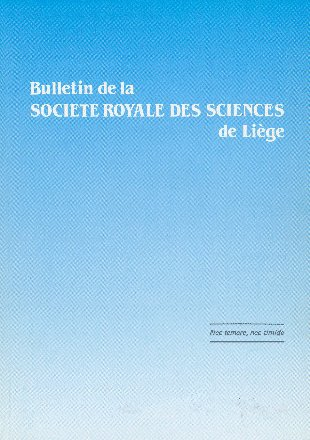- Home
- Volume 80 - Année 2011
- Modeling the massive young stellar object NGC 3603 IRS 9A
View(s): 441 (6 ULiège)
Download(s): 278 (10 ULiège)
Modeling the massive young stellar object NGC 3603 IRS 9A

Attached document(s)
Annexes
Abstract
We present results from our high angular resolution observations of the brightest high-mass young stellar object in NGC 3603, IRS 9A. Both MIDI at the VLTI and T-ReCS equipped with an aperture mask at Gemini South have resolved the mid-infrared dust emission on scales of 30 mas to 300 mas, corresponding to scales of 200 AU to 2000 AU. A flattened envelope or disk-like dust structure is the only way to explain why MIDI was able to detect a compact warm source in the presence of extended emission fully resolved even on 8 meter baselines. We have therefore described the structure using disks and envelopes based on models by Whitney et al., and can find reasonable agreement with the visibility measurements and the SED as measured by Spitzer.
To cite this article
About: Christian A. Hummel
European Organization for Astronomical Research in the Southern Hemisphere, Karl-Schwarzschild-Str. 2, 85748 Garching bei München, Germany






